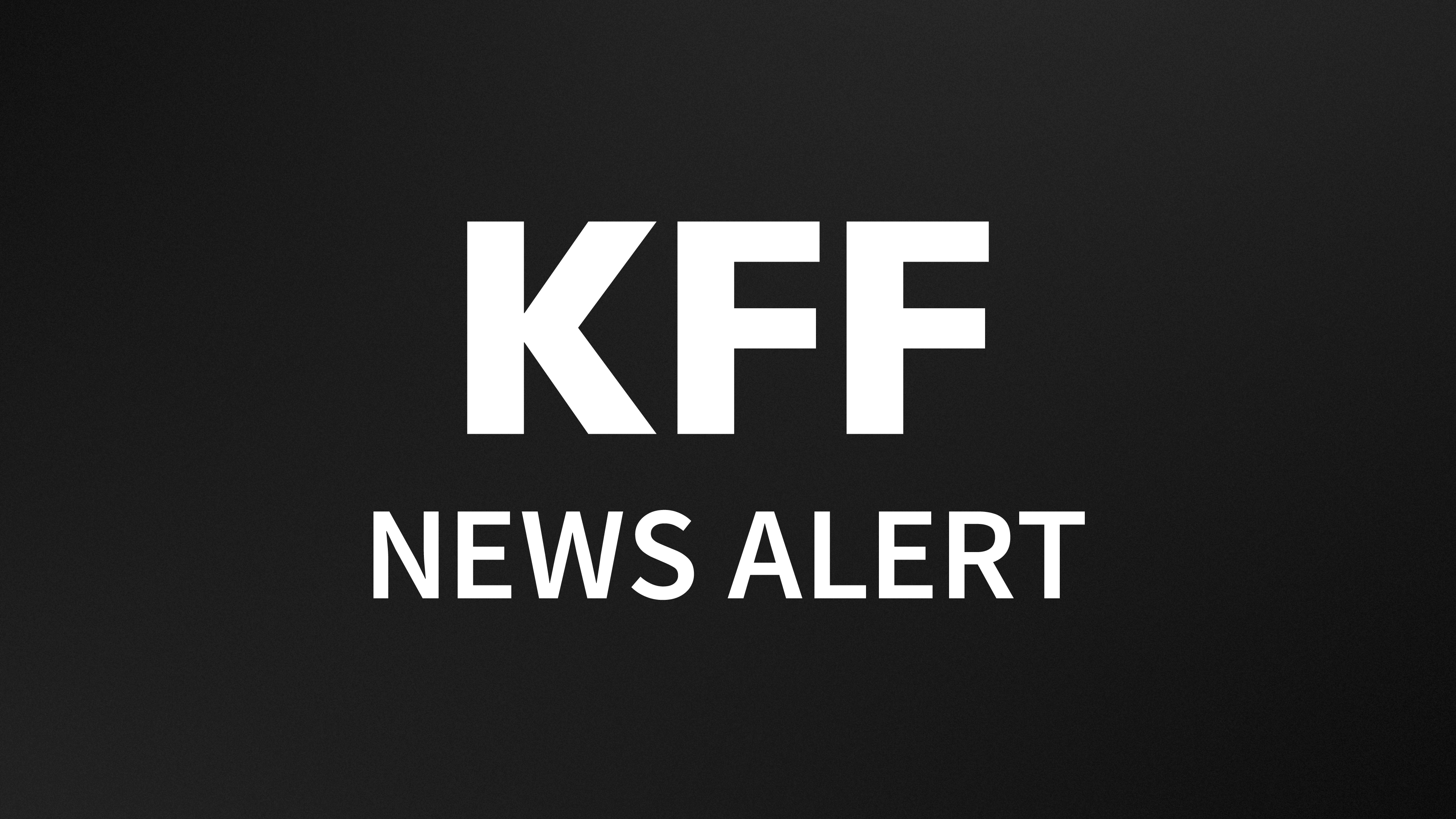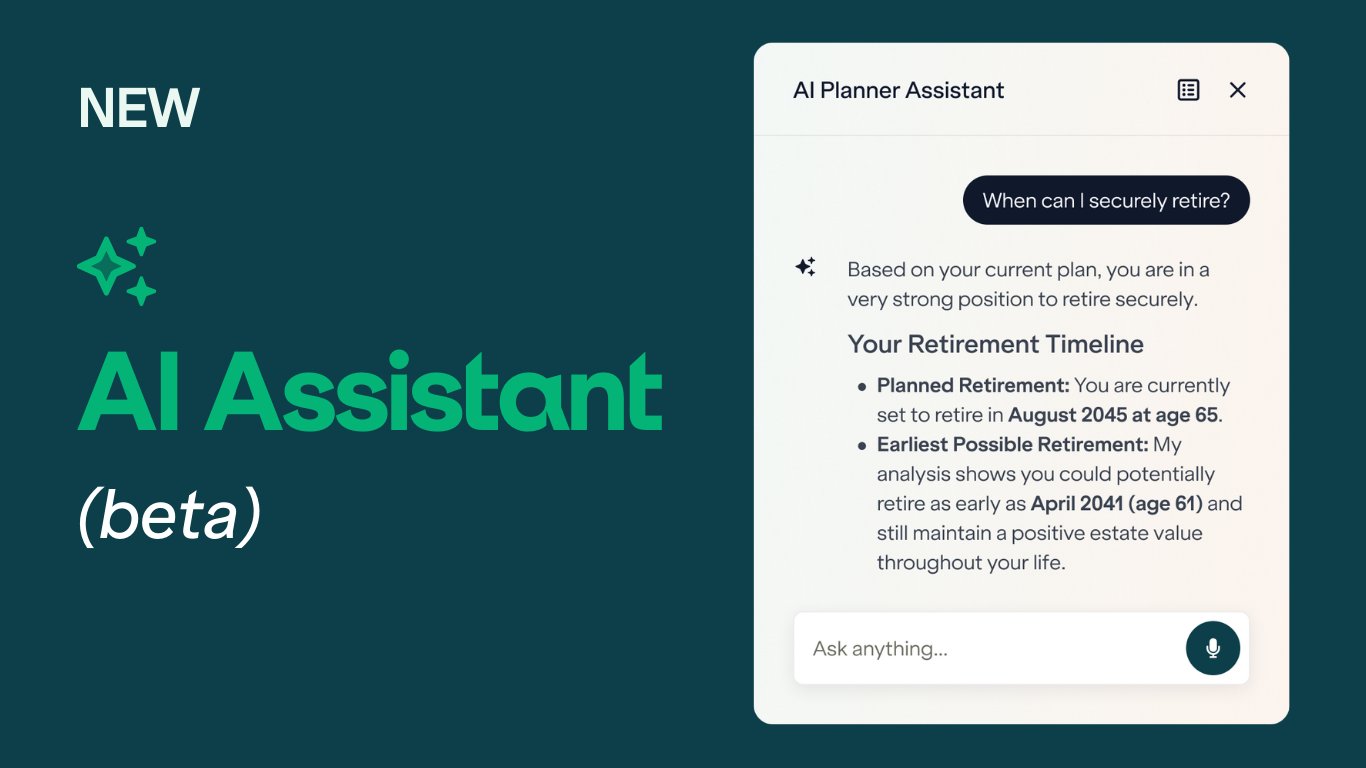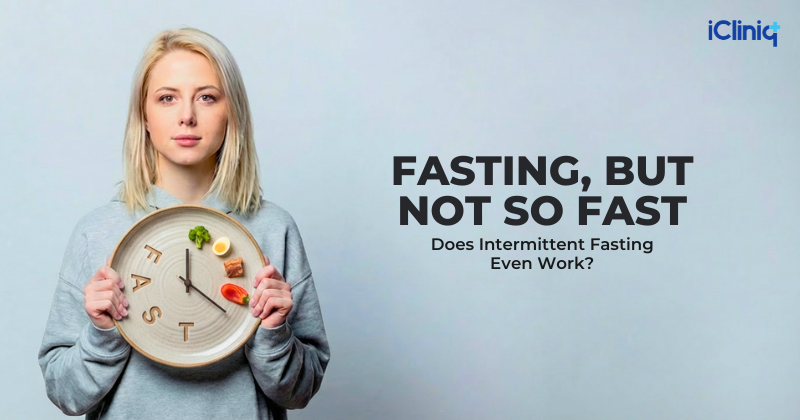Abortion drove many voters to turn out for Tuesday’s election, but not always for Vice President Kamala Harris, while concerns about the economy weighed more heavily on voters’ minds, according to polling data from KFF and the Associated Press.
About a quarter of voters said abortion was the “single most important” factor in their vote, about 4 in10 said it had a major impact on their decision to turn out (similar to the shares who said so in the 2022 midterm elections), and over half said it had a major impact on which candidates they supported, according to the Associated Press’s VoteCast survey. In partnership with the AP, KFF added supplemental questions to the survey of the 2024 electorate to gauge how voters were weighing health care issues as they exited the polls.
But Vice President Harris’s strong advantage on abortion was not enough to override negative views of the economy and immigration, issues where President- Elect Donald Trump held the edge, the polling data shows. Forty percent of voters said high prices for gas, groceries and other goods was the single most important factor to their vote, including 51% of Republicans, 41% of independents, and 28% of Democrats.
KFF’s analysis shows that Trump did much better than Harris among the majorities of voters who reported being very concerned about the cost of groceries, gas, and housing. He also did better than Harris among the more than half of voters who said they were very concerned about the cost of health care.
Moreover, on the issue of abortion, Trump managed to garner small but important shares of votes among those who voted in favor of abortion ballot measures in their state, winning four states where voters also chose to expand or protect abortion access. Trump won support from about three in ten voters who voted in favor of abortion access in the battleground states of Nevada and Arizona, a similar share in Missouri, and about a quarter in Montana.
In an online interactive dashboard, KFF examines the role that abortion, the economy and health care costs played in the 2024 election, providing a deep dive into voters’ thinking on health care issues as they made their decisions about whether to vote and whom to vote for.
KFF provides data and analysis of the overall AP VoteCast survey and these supplemental questions at both the national and state level.
The dashboard includes:
- An interactive map that provides a more detailed look at states with abortion-related ballot measures.
- Analysis and charts examining the motivations of voters and the impact of concerns about abortion policy and health care costs nationally and across states, including some data breakouts by demographic groups and political party.
- A curated set of charts providing key analysis among subgroups of voters on topics like abortion ballot measures, health care as an economic concern, and voters’ views of the most important issues facing the U.S.
The AP VoteCast is a national and 48 state surveys of more than 115,000 voters conducted by NORC at the University of Chicago for The Associated Press, Fox News, PBS NewsHour, and The Wall Street Journal beginning on Oct. 28 and concluding as polls closed on Nov. 5, 2024, in English and Spanish. The national survey was conducted using NORC’s probability-based AmeriSpeak panel, while the individual state surveys were conducted from a random sample of state voter files and from self-identified registered voters selected from non-probability online panels. More details are available about AP VoteCast’s methodology here.
Publisher: Source link










